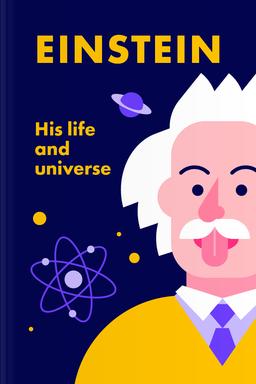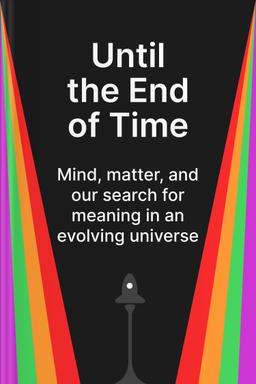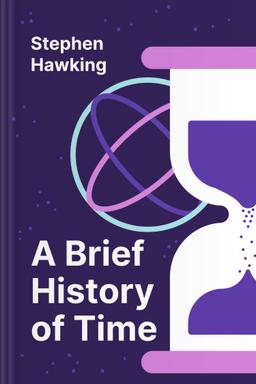What is Astrophysics for People in a Hurry about?
This engaging, concise guide to astrophysics offers an accessible overview of complex topics such as the universe's origins, black holes, and dark matter. With clear explanations and witty insights, it caters to curious minds seeking a fundamental understanding of cosmic phenomena without overwhelming detail. Perfect for busy readers, it distills the wonders of the cosmos into digestible snippets, sparking a fascination for the mysteries of space.
Who should read Astrophysics for People in a Hurry
- Curious minds seeking a quick understanding of astrophysics.
- Science enthusiasts with limited time for deep reading.
- Students looking for accessible science knowledge and insights.
What is Cosmic Queries about?
Exploring the fundamental questions of existence, this engaging guide combines science and philosophy to delve into humanity's origins, our place in the universe, and potential futures. Through thought-provoking discussions and cosmic insights, it encourages readers to ponder their identity and destiny while unraveling the mysteries of time, space, and our role within the cosmos.
Who should read Cosmic Queries
- Science enthusiasts seeking answers about the universe.
- Readers curious about human origins and cosmic evolution.
- Individuals interested in philosophical questions of existence.
What is Einstein about?
This captivating biography delves into the life of one of history's greatest scientists, exploring Albert Einstein's groundbreaking contributions to physics and the tumultuous events that shaped his personal journey. Through rich storytelling, it illuminates his complex character, including his passions, struggles, and the revolutionary ideas that transformed our understanding of time and space. The narrative intertwines scientific concepts with personal anecdotes, offering readers an intimate portrait of a genius.
Who should read Einstein
- Science enthusiasts seeking to understand Einstein's genius.
- History buffs interested in the life of a legend.
- Young readers inspired by revolutionary thinkers' biographies.
What is Until The End of Time about?
Exploring the intricate relationship between mind and matter, this book delves into the cosmic evolution of the universe while seeking answers to profound philosophical questions. It examines how scientific discoveries tie into our understanding of existence, consciousness, and the search for meaning. Through a blend of physics, cosmology, and philosophy, it invites readers to contemplate our place in the ever-evolving tapestry of reality.
Who should read Until The End of Time
- Science enthusiasts seeking deeper understanding of the universe.
- Philosophy lovers interested in the nature of existence.
- Readers exploring the intersection of science and spirituality.
What is A Brief History of Time about?
This groundbreaking work explores the fundamental concepts of cosmology, from the Big Bang to black holes, using accessible language for the general reader. It delves into complex subjects like time, space, and the universe's origins, aiming to reveal the intricate workings of nature. The author combines scientific insight with philosophical questions, offering readers a deeper understanding of reality and humanity's place within the cosmos.
Who should read A Brief History of Time
- Science enthusiasts curious about the universe.
- Students seeking knowledge in physics and cosmology.
- Anyone interested in the nature of time and space.




